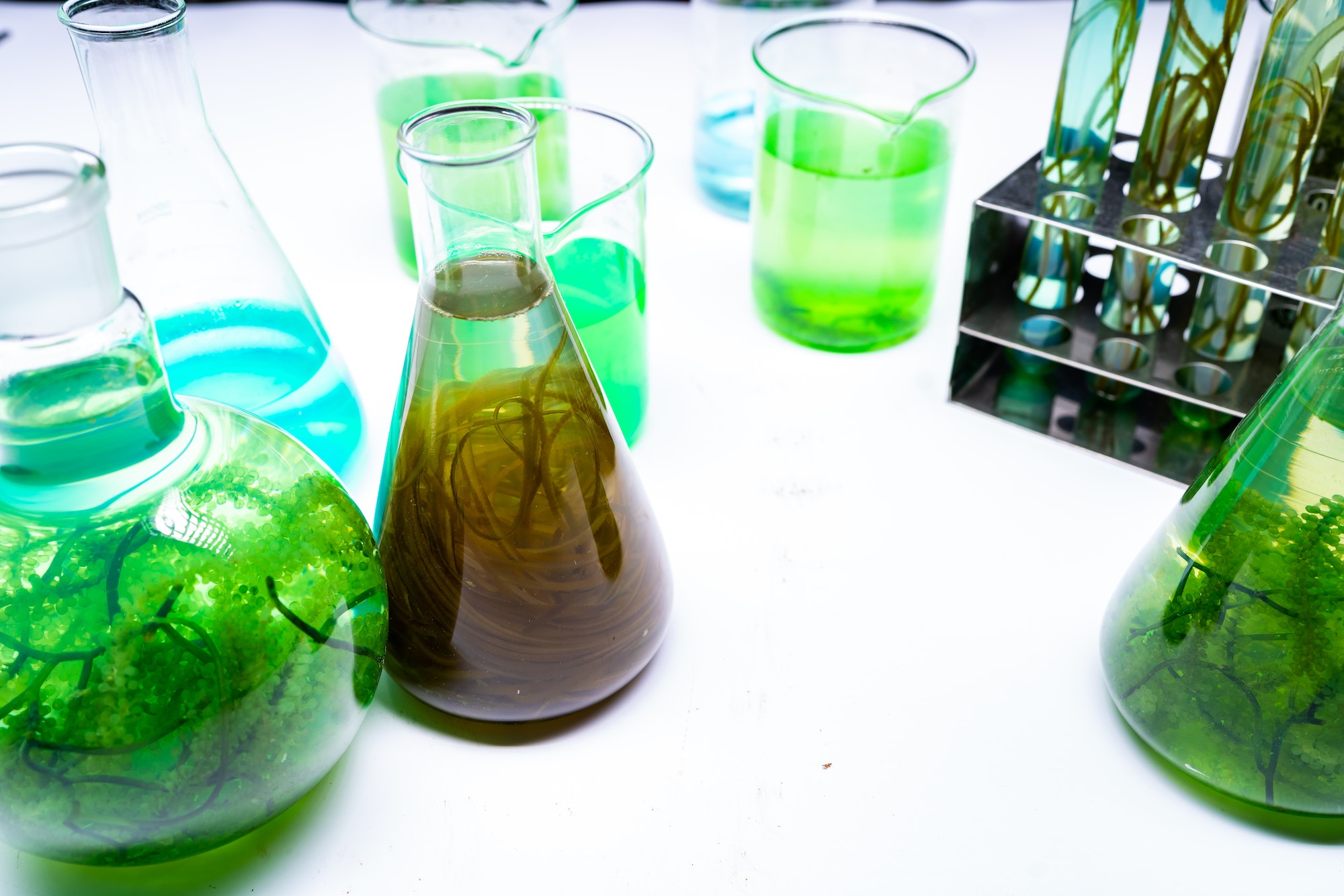Algae, a diverse group of aquatic organisms, have been gaining attention in recent years for their potential to revolutionize the energy sector. Algae-based energy solutions offer various environmental benefits, such as carbon capture and waste treatment. Moreover, maximizing the potential of algae in the energy sector can lead to more sustainable and efficient ways of generating power.
One significant advantage of algae is their ability to capture carbon dioxide (CO2) from the atmosphere. Algae photosynthesize and convert CO2 into biomass, thereby reducing greenhouse gas emissions. This process is known as bioenergy with carbon capture and storage (BECCS). Algae-based BECCS systems can sequester large amounts of CO2 from power plants, industrial processes, or directly from the air.
Not only does algae-based carbon capture help combat climate change, but it also contributes to creating valuable biomass that can be used for various purposes, including biofuel production. Algae are rich in lipids and can be converted into biodiesel through transesterification. Additionally, algae biomass can be converted into other forms of bioenergy, such as biogas and bioethanol.
The use of algae for waste treatment is another environmental benefit of these organisms. Algae can purify wastewater by removing nutrients like nitrogen and phosphorus, which cause eutrophication when released into water bodies. This process not only prevents harmful algal blooms but also generates biomass that can be harvested for biofuel production. Furthermore, algae can break down organic pollutants in wastewater through a process called bioremediation.
Maximizing the potential of algae in the energy sector involves optimizing growth conditions and leveraging various cultivation techniques. One approach is to grow algae in open ponds or closed photobioreactors using sunlight as the primary energy source. Researchers are also exploring ways to improve algae growth rates by modifying their genetic makeup or using advanced cultivation methods like vertical farming.
Another way to maximize the potential of algae is through the efficient harvesting and processing of biomass. Traditional methods like centrifugation and filtration can be energy-intensive and time-consuming. Emerging technologies, such as flocculation and ultrasound-assisted extraction, offer more sustainable and cost-effective alternatives for harvesting algae biomass.
Algae-based energy solutions are not without challenges. One major hurdle is the scalability of algae cultivation systems. Large-scale production of algae biomass requires vast land areas, water resources, and nutrients. However, researchers are exploring innovative ways to address these challenges, such as integrating algae cultivation with wastewater treatment facilities or using non-potable water sources like seawater.
Another challenge is the economic viability of algae-based biofuels. Currently, the production costs of algal biofuels are higher than those of fossil fuels or other renewable energy sources. However, ongoing research and development efforts aim to improve the efficiency of algae cultivation, harvesting, and conversion processes to make these biofuels more competitive in the market.
In conclusion, algae-based energy solutions offer significant environmental benefits, such as carbon capture and waste treatment. Maximizing the potential of algae in the energy sector involves optimizing growth conditions, leveraging innovative cultivation techniques, and developing efficient harvesting and processing methods. Despite the challenges associated with large-scale production and economic viability, algae hold great promise for revolutionizing the energy sector and contributing to a more sustainable future.


